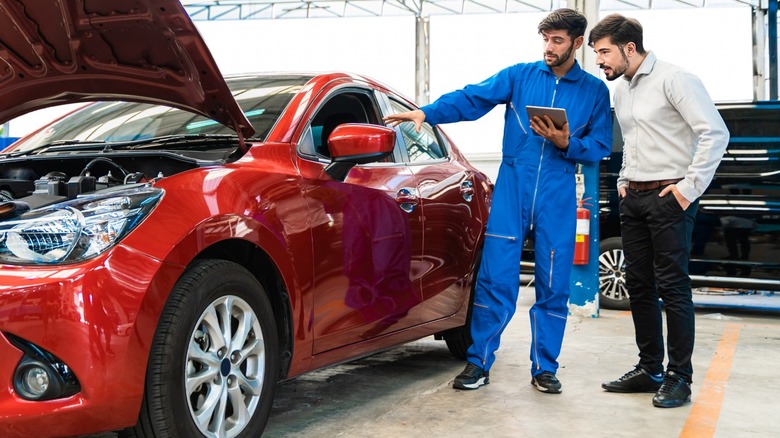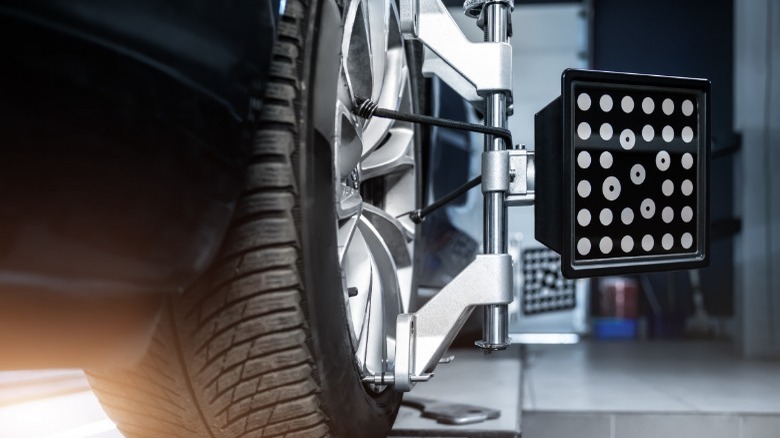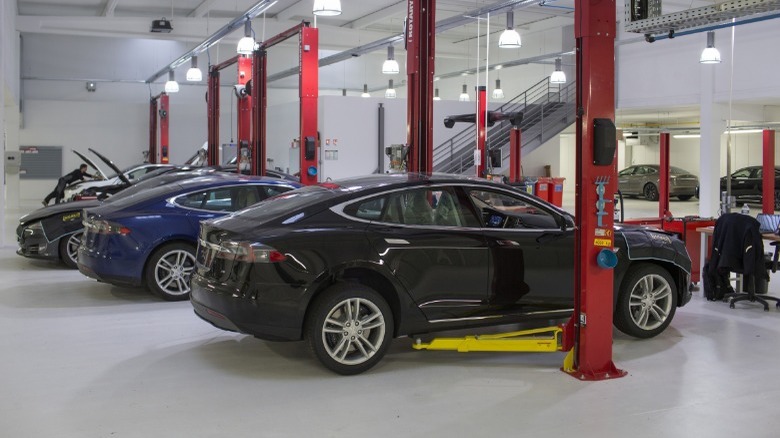Are New Cars Too High Tech? Auto Repair Shops Say Yes
As time has gone on, automakers have been adding more technology and features to newer vehicles in an attempt not only to compete with one another, but to push the envelope of what is possible in a motor vehicle. What started as necessary electronic control units, used to coordinate timing and injection, has quickly evolved into an incredibly complex system of sensors, computers, and algorithms that control everything from fueling, to climate control, and beyond.
Often, some of the oldest, simplest cars are those that have a great reputation for reliability and durability, and the reason for this is simple — the relative lack of complexity means there's less to go wrong, and it's easier to diagnose a problem when it pops up. Modern vehicles trending more towards complicated internals makes them inherently more difficult to repair, but it's not the complexity of things that's causing the biggest problems for right-to-repair or the automotive repair industry at large. The biggest cause for concern is the software powering all this complexity, and steps that manufacturers are taking to make things more difficult for repair technicians.
Technology and the auto repair industry
Over the past few years, manufacturers in all industries have been trying their best to lock owners and independent repair shops out of all but the most basic repairs — unless they have proprietary tools and the manufacturer's blessing. According to Lucas Underwood, the president of L&N Performance Auto Repair, in an interview with Wired, some vehicles require manufacturer-specific tools — which can cost as much as $70,000 — to perform tasks as simple as wheel alignment. This change in repair procedures and necessary tools is largely due to an increased presence of software and sensors in the vehicle itself.
The difficulty of simple jobs has also increased. On older, simpler vehicles, wheel alignment involved putting the vehicle on a rig and adjusting a few manual settings in the steering and suspension equipment, while some newer vehicles also require the sensors on the self-driving systems to be adjusted, which requires more tools and equipment. Auto shops seemingly aren't prepared for these high-cost investments, according to another auto shop owner John Firm — owner of Firm Automotive in Fort Worth, Texas — who said that he's seeing a lot of experienced technicians and shop owners rather pack up and retire early than try to adapt (per Wired).
An industry shift hastened by the arrival of EVs
With the changes to automotive designs and the shift in the way cars need to be repaired, repair shops are faced with a few options. They can buckle under manufacturer pressure and choose to get certified and buy all the equipment to get the job done (per manufacturer specifications), call it quits, or try to innovate their way out of the preventative measures imposed by manufacturers.
Some organizations are already fighting a public fight against industry trends that result in repair shops being locked out of the vehicles they're trying to repair. The Repair Preservation Group, started by electronic repair technician and YouTuber Louis Rossmann, mainly focuses its efforts on electronics repair, but often lobbies for right-to-repair laws that would have an impact on automotive right to repair as well. Tesla's Apple-like walled garden approach to repair has also resulted in a handful of independent repair shops, like The Electrified Garage, finding ways to repair expensive parts that Tesla would otherwise insist on replacing.
It's clear that the repair industry as a whole is changing as manufacturers — intentionally or not, although it's almost certainly intentional — use software to make it increasingly difficult for consumers and independent repair shops to service and repair their vehicles. A lack of third-party repair options would definitely not be pleasant, considering the prices of some first-party parts and repairs.


